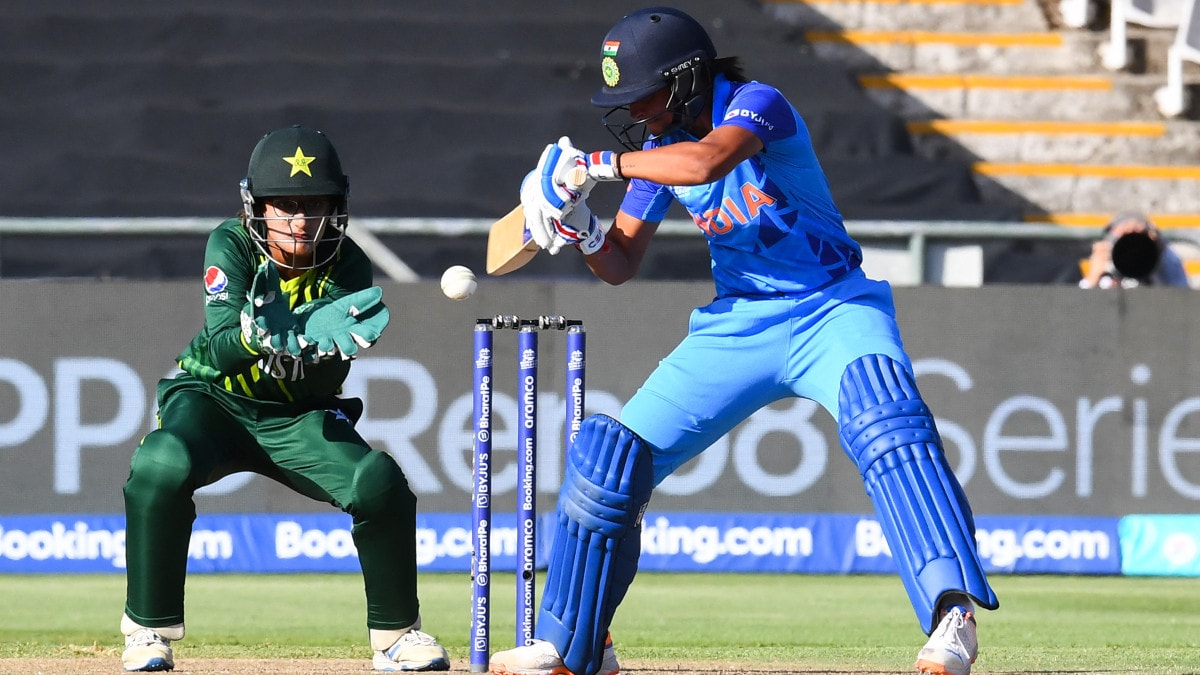

The Board of Control for Cricket in India (BCCI) is facing criticism following the announcement that India and Pakistan have been placed in the same group for the 2026 Women's T20 World Cup. The decision has sparked debate and outrage among fans, with many accusing the BCCI of hypocrisy, particularly given the recent heightened tensions between the two nations. The placement has led to questions about the cost of nationalism in sports.
The controversy arises from the backdrop of strained India-Pakistan relations, exacerbated by the terror attack in Pahalgam on April 22nd and subsequent cross-border escalations. These events have fueled calls for boycotts of sporting events involving Pakistan, with some former players supporting such measures. This context makes the BCCI's decision to allow the women's team to be grouped with Pakistan seem contradictory to some, who view it as a disregard for national sentiment and security concerns.
Social media has been rife with criticism, with fans expressing their disappointment and questioning the BCCI's stance. Comments range from accusations of "shameless" behavior to queries about conveniently forgetting the issues between the two countries. Some fans point out the apparent inconsistency, highlighting previous strong statements against playing Pakistan until terrorism ceases.
Despite the public outcry, the BCCI is yet to issue a concrete statement addressing the concerns. Historically, the two countries have a long-standing agreement to play at neutral venues. For instance, Pakistan will play all their games in Sri Lanka during the 2025 ODI World Cup. This arrangement stems from security concerns and a mutual understanding that neither team will travel to the other for any event. It remains to be seen whether this agreement will continue.
The India-Pakistan cricket rivalry is one of the most intense in the world, transcending sports and becoming a symbol of national identity and pride. Matches between the two nations attract massive viewership and generate significant revenue. However, the political undertones cannot be ignored. The relationship between the two countries has been complex, marked by periods of conflict and brief spells of "cricket diplomacy."
Under the current government, there's a visible trend of hyper-nationalism, where the rivalry is often symbolized through metaphors of war. This makes any decision to engage in sporting events with Pakistan a sensitive issue, open to public scrutiny and criticism. While some argue that sports should be kept separate from politics, the reality is that India-Pakistan cricket matches are heavily influenced by the political climate.
Despite the controversy, the ICC has confirmed the schedule, with the India-Pakistan match set for June 14, 2026, in Edgbaston. The tournament itself is set to be the biggest Women's T20 World Cup yet, featuring 12 teams and 33 matches played across seven venues in England. The inclusion of India and Pakistan in the same group guarantees a high-voltage fixture, regardless of the political tensions.
The situation highlights the delicate balance the BCCI must strike between its obligations to the ICC, the commercial value of India-Pakistan matches, and the prevailing national sentiment. The criticism underscores the significant impact of political tensions on sports and raises questions about the responsibilities of sporting bodies in such scenarios. Whether the BCCI will address these concerns remains to be seen, but the controversy serves as a reminder of the complexities surrounding India-Pakistan relations, even in the realm of sports.